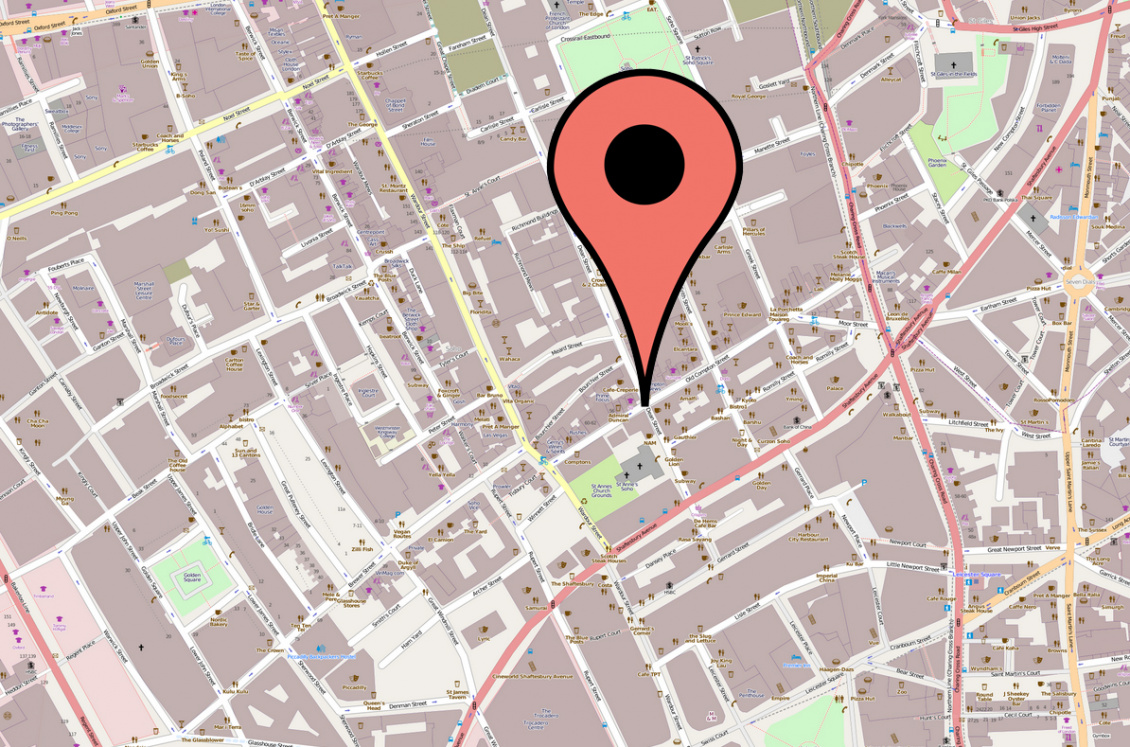Google’s Pigeon Update:
Google has announced that their most wide-ranging algorithm to date, known as Pigeon, will provide more useful and accurate local search results. Local results will now be more closely related to traditional web search ranking signals. These changes will be visible on both Google maps and web search results through improved location ranking.
The Pigeon update also gives a greater volume of more accurate search results for local directories. It will not only give you better results for the official name of a local neighborhood, but the colloquially-known name of that same neighborhood as well.
Example:
For a moment, imagine gentleman A recently moved to Miami and gentleman B is a local resident of Miami. Gentleman A searched for “Miami coffee shop,” but gentleman B has never thought to search the term “Miami Coffee Shop.” He refers to his Miami Coffee Shop as “Downtown Coffee Shop.” Based on the new algorithm, when one searches for Miami Coffee Shop and the other searches for Downtown Coffee shop, the query will return the same result.
Basically, Google will provide short distance search results depending upon where you are searching from. This update improves the local search results for businesses as well.
Google’s Hummingbird Update:
Hummingbird pays more attention to each word in a query ensuring that the whole query is understood. This means the whole sentence, conversation, and/or meaning will be analyzed for a particular search result, instead of particular words of a sentence. This is commonly referred to as “context.” The goal is to display search results that have pages matching the meaning of a search, instead of pages matching just a few words contained in it.
Hummingbird is an algorithm which is made up of some 200 factors that can affect search rankings. This has brought about ‘conversational search’ which has been added to the algorithm and is designed to focus on the meaning of a phrase, rather than individual words. This is due to many people now using voice search on mobile, rather than typing a query.
Example:
This update focuses on long-tailed and more detailed search questions. A person who searches for the term “oldest person” will receive near identical results when they enter “who is the oldest person in the world”.
So instead of crawling for individual words, this update works towards understanding a full phrase or question.
Crawling and Indexing:
Google released a new feature for local-adaptive web pages that can change the content based on the country and language settings.
Example:
The web pages that you visit automatically change the content based on your location or language settings. Early on Google didn’t handle this properly at all.
Now, Google sends its bots across the world through different IP addresses as well as lets them set language settings using the following two methods:
- Geo-distributed crawling: Google-bots will start to use IP addresses that appear to be coming from outside the US, in addition to the current IP addresses that appear to be from in the US.
- Language-dependent crawling: Google-bots will start to crawl with an Accept-Language HTTP header in the request. If you are using language tags with separate URLs keep doing so.
Thankfully, these latest updates and techniques are here to help improve your website’s appearance in search result pages on Google. However, the purpose of all local SEO services is for the website to be easily detected by search engines as one of the best resources for users to perform local searches for services in a particular region. Google will provide value for the quality of your content, so your content should always be unique and of high-quality as well as be updated regularly to contain useful information.
![]()
